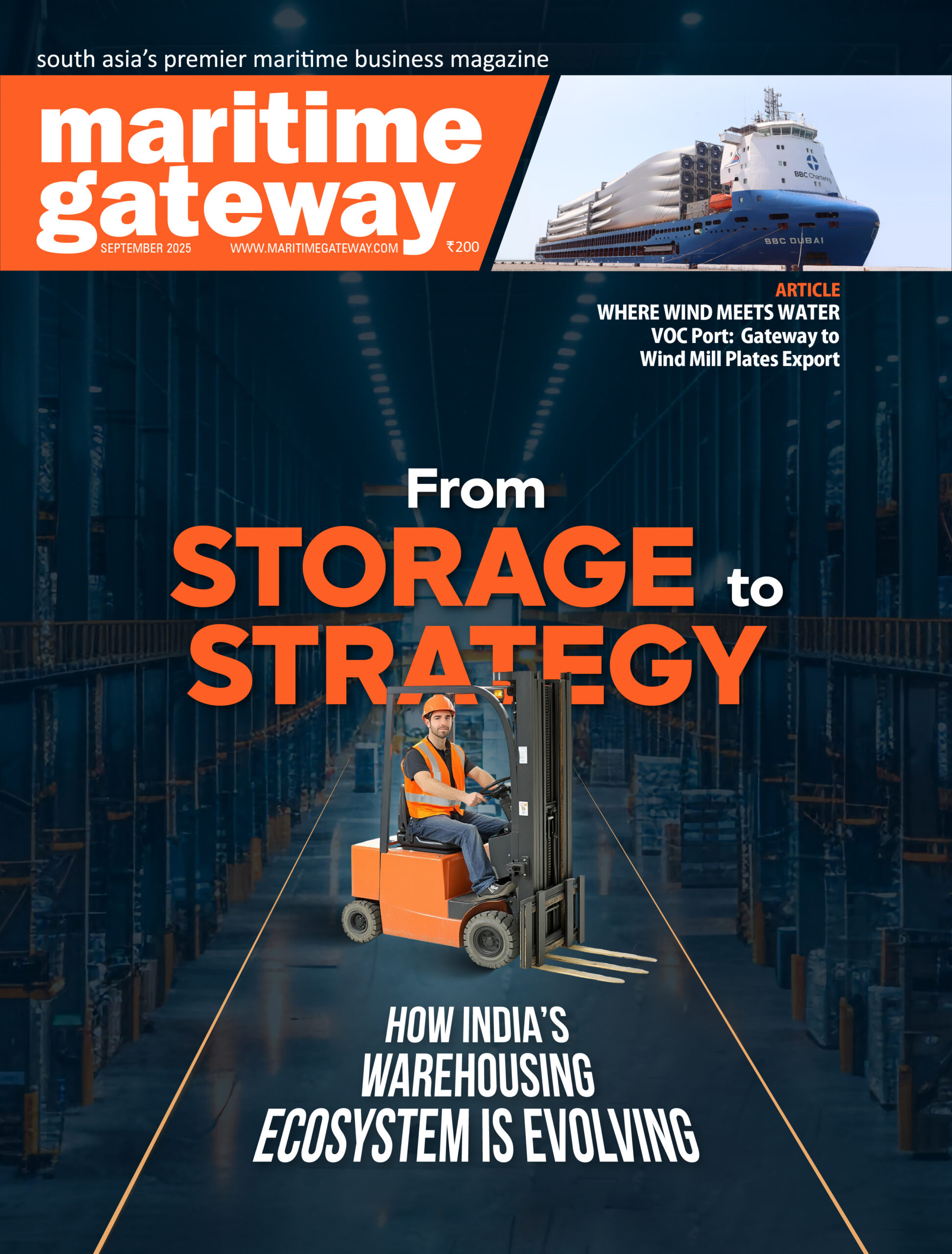How do you see the cold chain logistics industry evolving in India over the next five years, particularly in terms of technology adoption and sustainability practices?
The cold chain logistics industry in India is poised for transformative growth over the next five years, driven by significant technological advancements and sustainability innovations.
At Maersk, we’re seeing increased demand for end-to-end visibility that extends well beyond traditional sea voyage tracking. Our development focus is on solutions that provide comprehensive visibility across the entire supply chain, particularly enhancing the tracking of inland container movements and monitoring critical parameters within the cold chain itself.
The fresh produce sector presents exciting opportunities as Indian exporters actively explore new international markets. These emerging trade lanes often require specialised solutions like controlled atmosphere containers, and we’re collaborating closely with customers to develop tailored approaches that can unlock these valuable new market opportunities.
Sustainability is becoming a competitive differentiator in cold chain logistics. We’re proud to partner with forward-thinking companies on green fuel initiatives, having already secured our first customer in this space. Additionally, we see tremendous potential in rail transportation for refrigerated cargo as a sustainable alternative that simultaneously reduces logistics costs and carbon footprint.
Companies that fail to embrace these technological and sustainability advances risk being left behind as the industry rapidly evolves toward more connected, efficient, and environmentally responsible cold chain solutions.
Could you elaborate on the advanced reefer facilities offered by A.P. Moller-Maersk in India, particularly in terms of their capabilities for maintaining temperature-sensitive cargo and ensuring end-to-end cold chain integrity?
A.P. Moller-Maersk in India offers advanced reefer facilities for temperature-sensitive cargo and end-to-end cold chain integrity. With 80 per cent of its cold chain logistics fleet compliant with Reef Container Monitoring (RCM), the company ensures the efficacy and safety of medicines throughout transportation. RCM feeds essential data into the Captain Peter application, a digital visibility assistant that allows customers to oversee their cargo conditions. The Captain Peter system operates under a specific access structure, with primary access for the Price Owner of a shipment.
What are the key strategies A.P. Moller-Maersk is implementing to expand its cold chain logistics and healthcare business in India?
The healthcare industry has shown strong interest in our integrated Pharma Cold Chain management solution, which includes Hypercare as a critical component. What resonates most with our customers is the enhanced temperature integrity we can ensure through our end-to-end asset ownership. This is particularly crucial for maintaining product quality and, ultimately, patient safety in the case of pharmaceuticals. Because of these capabilities, we have strengthened our commitment to our customers and thus deliver value to their supply chains.









